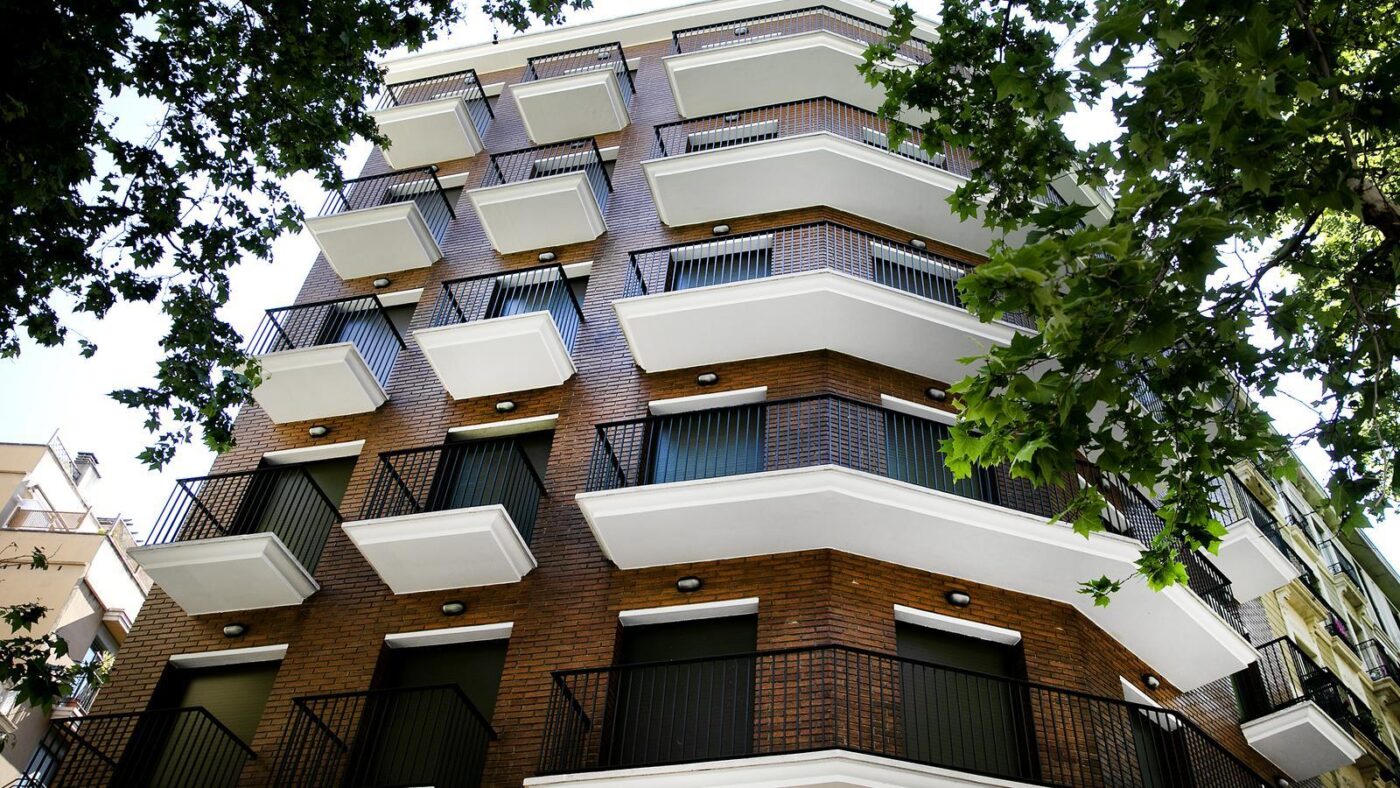At Walter Haus we observe how seasonal rentals have become established as an increasingly common alternative to traditional residential rentals, especially in cities marked by so-called stressed areas. Price regulation and new legislative restrictions have led many owners to opt for this more flexible modality, which already represents a high percentage of the offer in markets such as Madrid or Barcelona. This evolution responds not only to the changing needs of tenants, but also to the search for effective solutions by owners to maintain the profitability of their properties in a regulated environment.
A growing phenomenon with two faces
Although seasonal rentals play a key role for specific profiles such as students, displaced workers or patients undergoing medical treatment, at Walter Haus we warn of an increasingly widespread use of this modality for purposes other than those provided by law. The significant increase in these leases in areas where stressed markets have been declared has generated concern in the sector. In Barcelona, for example, more than 50% of rental properties are already offered on a temporary basis. This phenomenon is beginning to alter the balance of the market, reducing the availability of homes intended for long-term rental.


Stressed areas drive change
The most recent data point to a direct relationship between the declaration of stressed areas and the increase in seasonal rentals. In provinces such as Madrid or Barcelona, this modality represents more than 32% of the homes offered. At Walter Haus we identify this trend as a direct consequence of the current regulatory framework, which pushes owners to look for formulas that allow them to circumvent price limits. However, this defensive strategy may end up aggravating the already scarce supply of residential rentals, thereby increasing pressure on prices and making access to housing more difficult for those seeking long-term stability.
Risks of fraudulent use of temporary rental
At Walter Haus we firmly believe in transparency and regulatory compliance. For this reason, we are concerned that the use of seasonal rentals is, in many cases, a way to conceal long-term rentals that should be governed by other regulations. It is estimated that a significant part of the current temporary contracts do not respond to real temporary needs, but are used to avoid the limitations imposed on residential rentals. This practice not only generates legal uncertainty for all parties, but also contributes to the distortion of the real estate market, especially in areas where the demand for stable housing is high.

A necessary regulation, without stopping flexibility
At Walter Haus we consider it essential to find a regulatory balance that protects the legitimate use of temporary rentals without harming its social function or hindering access to housing. The flexibility offered by this modality must be accompanied by measures that ensure its correct use. In our opinion, it is not about restricting seasonal rentals, but about establishing clear criteria that justify the temporary nature and ensure that the tenant has a different habitual residence. Only in this way can the real value of this formula be preserved, offering solutions adapted to the needs of the market and at the same time maintaining the integrity of the urban leasing system.
